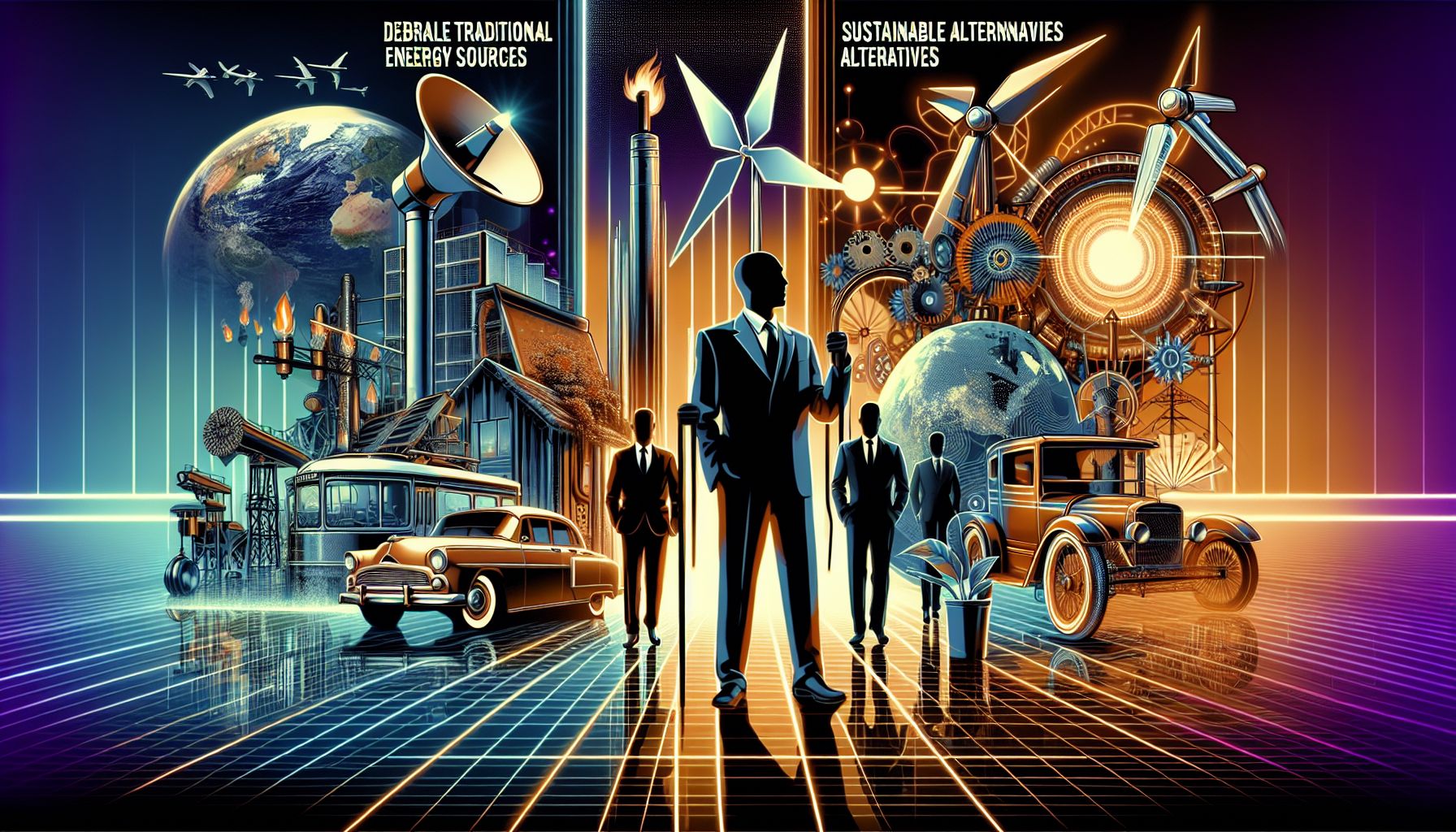Trump vs Green Future: The Battle Over IEA's Energy Forecasts

Washington, D.C., Wednesday, 20 November 2024.
In a dramatic shift, Trump’s potential return to power threatens to reshape global energy politics. His administration’s criticism of the International Energy Agency’s net-zero roadmap could impact worldwide climate initiatives, with possible funding cuts looming. As I see it, this clash between traditional energy advocates and climate action supporters marks a crucial moment in our planet’s future.
The Core of the Conflict
It’s like watching a heavyweight bout where the stakes are nothing less than the future of our planet. The incoming Trump administration is setting its sights on the International Energy Agency (IEA), critiquing its peak demand forecasts and net-zero advocacy. This isn’t just a disagreement over numbers; it’s a fundamental clash of ideologies. With Trump and his allies, such as US Senator John Barrasso, questioning the IEA’s stance, the tension is palpable. They see the agency as an ‘energy transition cheerleader,’ potentially undermining energy security[1].
The IEA’s Position
The IEA, established in the 1970s to ensure energy security, has been a key player in advocating for reduced carbon emissions. Its ‘Roadmap to Net Zero’ report from 2021 suggests that achieving net-zero by 2050 requires halting new oil and gas projects—a recommendation that doesn’t sit well with fossil fuel advocates[1]. Despite softening its stance in 2023 to acknowledge some new projects with long lead times might be necessary, the agency remains a target for those pushing back against rapid energy transition[1].
Implications for the Hydrogen Sector
Here’s where it gets even more interesting: the potential impact on the hydrogen sector. With Trump’s administration potentially reducing US funding for the IEA, global cooperation on clean energy could face new hurdles. Hydrogen, seen as a critical component of a sustainable energy future, might find itself caught in the crossfire of this geopolitical energy debate. The IEA’s forecasts and advocacy play a vital role in shaping investments and policies in emergent sectors like hydrogen[1].
A Broader View
The broader implications are vast. If Trump’s administration follows through with its threats, the ripple effects could alter the course of global climate policy. The IEA’s Executive Director, Fatih Birol, stands firm, defending the agency’s independent work and its broadened mandate, which now includes energy security issues related to critical minerals and clean energy supply chains. This isn’t just about the US and the IEA; it’s about how the world navigates the transition from fossil fuels to renewable energy[1][4].
Looking Ahead
As I reflect on this unfolding drama, I can’t help but wonder how it will all play out. Will Trump’s administration’s actions rally traditional energy sectors, or will they galvanize a stronger push for renewables? It’s a pivotal moment, one that could define not just US energy policy but also set the tone for international climate efforts. This is more than a policy debate; it’s a story of competing visions for the future. Whatever happens, one thing is clear: the world is watching, and so am I.